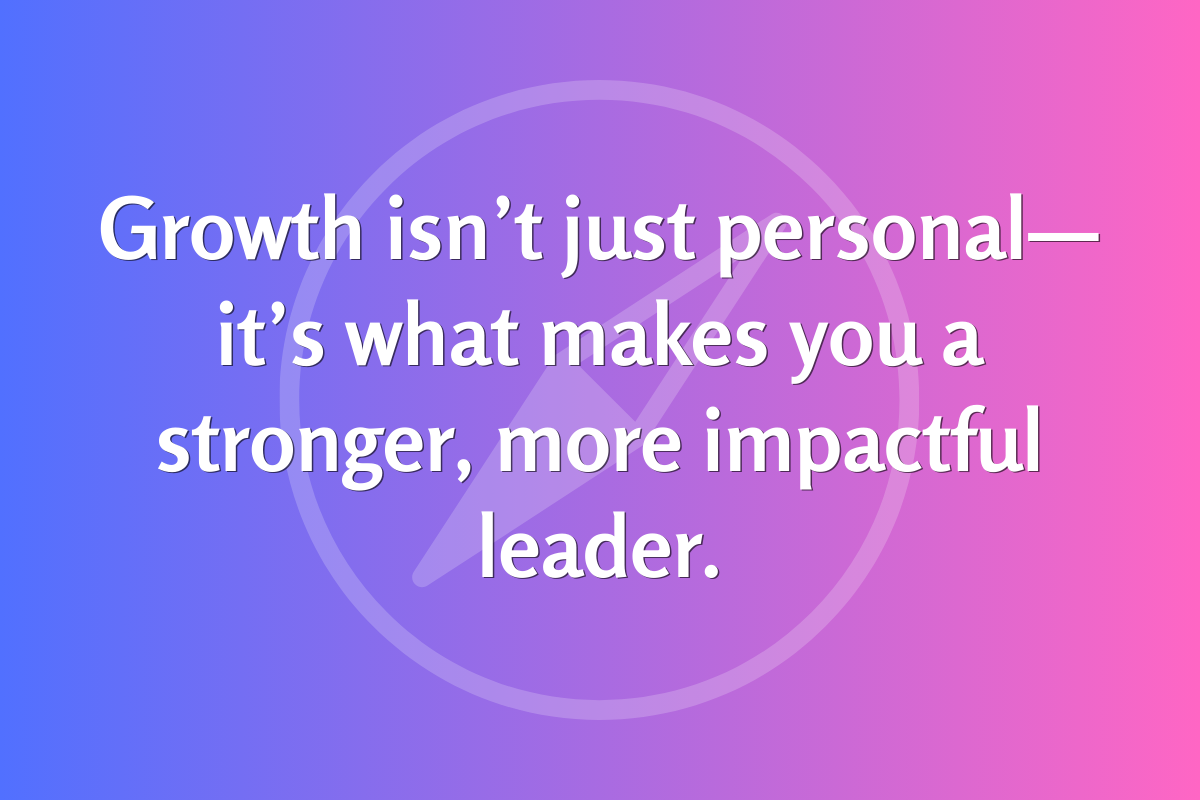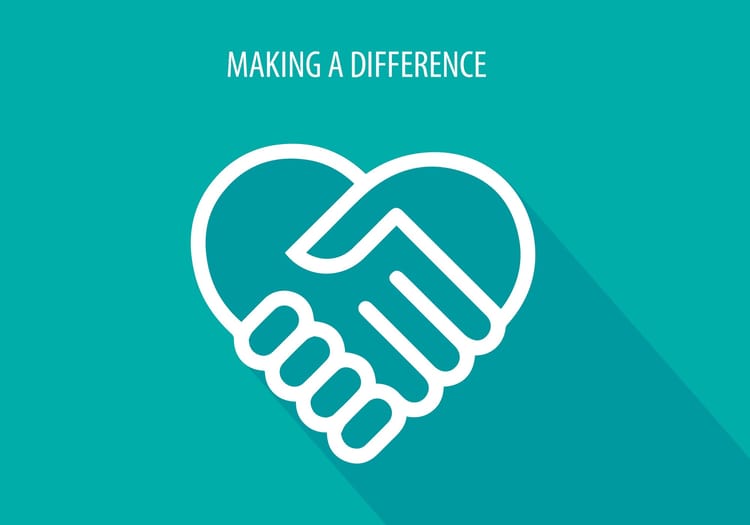What Problem is Creating the Greatest Amount of Stress and Frustration in Your Life—And Why?

A simple Personal Evolution Process to get clarity about your most pressing challenge—and what you can do about it.
Life is short. Too short in fact to be stuck behind a problem that keeps you from moving forward in life, seeing what’s beyond the next turn, missing valuable opportunities, and being generally unhappy and uninspired.
The purpose of coaching—in how I practice coaching—is to help my clients get clarity, focus, and direction. I help them get into emotional alignment with strategies that they create to solve their own problems or challenges.
There are moments of insight as well as moments of frustration in the coaching process. The latter is where we can get to the root of stress, frustration, and undesirable emotions—to do the work that creates more prediction and response. In other words, the work that will make your life more efficient, playful, peaceful, and free.
Listen to the Think Queerly Podcast for a deeper dive—with examples—into today's Personal Evolution Clarity Process:
The key to this clarity process is to take your time and to be kind to yourself.
Be specific, honest, and as vulnerable as possible with your answers. If you get frustrated, take a break. Some of these questions may cause you to think in ways that you haven’t before, and that’s a good thing. Some questions might throw you for a loop. If that happens, fantastic! You’re facing the possibility of change and the strategies you can create to solve your problems.
An invitation: Set aside one hour to complete this self-assessment at a time of day when you feel the most relaxed and when you can easily go inward to reflect on what you want and what’s most important to you.
Ask yourself the following question: “When is the best time in my day for relaxed contemplation?”Is it first thing in the morning when you wake up? Shortly thereafter? Or is it in the evening, after dinner, when you can feel most relaxed? If possible, choose this time of day to complete the process, and block off the time in your calendar or agenda.
There are 10 questions that make up this process.
I’m telling you this to reduce any potential stress or hesitancy on your part from investing your time in this exercise.
While it may look like many questions, imagine if you were deep in conversation with a trusted companion or advisor. You have come to them seeking their help or advice. You sit down, get comfortable, and the person asks you, “How can I help?” You proceed to tell them, unaware of how many questions come up during the conversation between the two of you.
Think of these 10 questions as part of a larger conversation. Each new question builds upon your previous answer to provide more clarity and insight. This is as close to a conversation as we can get on the written page!
When you’re ready to begin, grab a pen and paper, use a journal, or open a new document that you can use to answer the following questions.
How to Get Clarity About Your Most Pressing Problem or Challenge.
- What problem, struggle, or challenge is causing you the most amount of stress in your life? Be as clear and specific in defining the problem, struggle, or challenge. Provide as many details as you want.
- Next, define the stress you are experiencing that is the result of this problem. What does that stress feel like? Who are you being by living with that stress? In other words, how are you acting, thinking, and talking? What are you saying in conversation with others? What are you telling yourself with your internal dialogue about your experience with this stress in your life?
- Next, consider what’s most important to you in your life. This is what we call our values. When you are living in alignment with your core values, you feel like your life is on track, meaningful, and authentic. Create a short list of about five values.
- Write a few sentences or a couple of short paragraphs about what each value means to you.
- Review your answers to questions 1 and 2. What steps can you take immediately to resolve the problem or challenge you identified, as well as the stress you are experiencing? How would you create a strategy to solve these issues?
- How does this strategy align with the values you identified in questions 3 and 4? Is the strategy inspired by the meaning of these values? Will the strategy help you enjoy those values?
- You have identified the stress associated with the problem and how that feels. Let’s now consider the flip side. How would solving your problem would make you feel? Describe that in detail.
- What about that feeling is important to you? How are you acting, thinking, and talking when you experience that feeling or emotions? What are you saying in conversation with others? What are you telling yourself with your internal dialogue about these feelings?
- What is keeping you from experiencing those desired feelings most of the time? Could you feel that way even with the current problem or challenge you identified in question 1?
- What is your purpose or your mission in life? What difference do you want to make in the lives of people you care about? Why do you believe that is true for you?
- BONUS QUESTION: How is your problem connected with or disruptive of your purpose or mission in life?
There’s no right or long for how long this process will take or how much you should write.
These questions are completely open-ended. You may find that you want to come back to them an hour or even a day later to add more information and more refinement to your answers.
It’s your life, your values, your challenges, and your dreams. The more open and curious you are about what you discover, the more fun you will have with the process—even if you’re working on resolving a major challenge.
The reason? You will discover how many answers and strategies are already within you for the challenges you are dealing with or the problem that is holding you back. You simply need to take the time to think through what’s going on in your life and consider what resources are available to you—by your own doing.
Answering these questions may feel similar to having a deep coaching session—especially if you gain insight into your challenges or have an ‘A-Ha’ moment. If you enjoyed this process and what you discovered about yourself, I invite you to book a Discovery Session with me so that we can take this newfound knowledge and self-awareness to the next level. How does that sound?





Member discussion